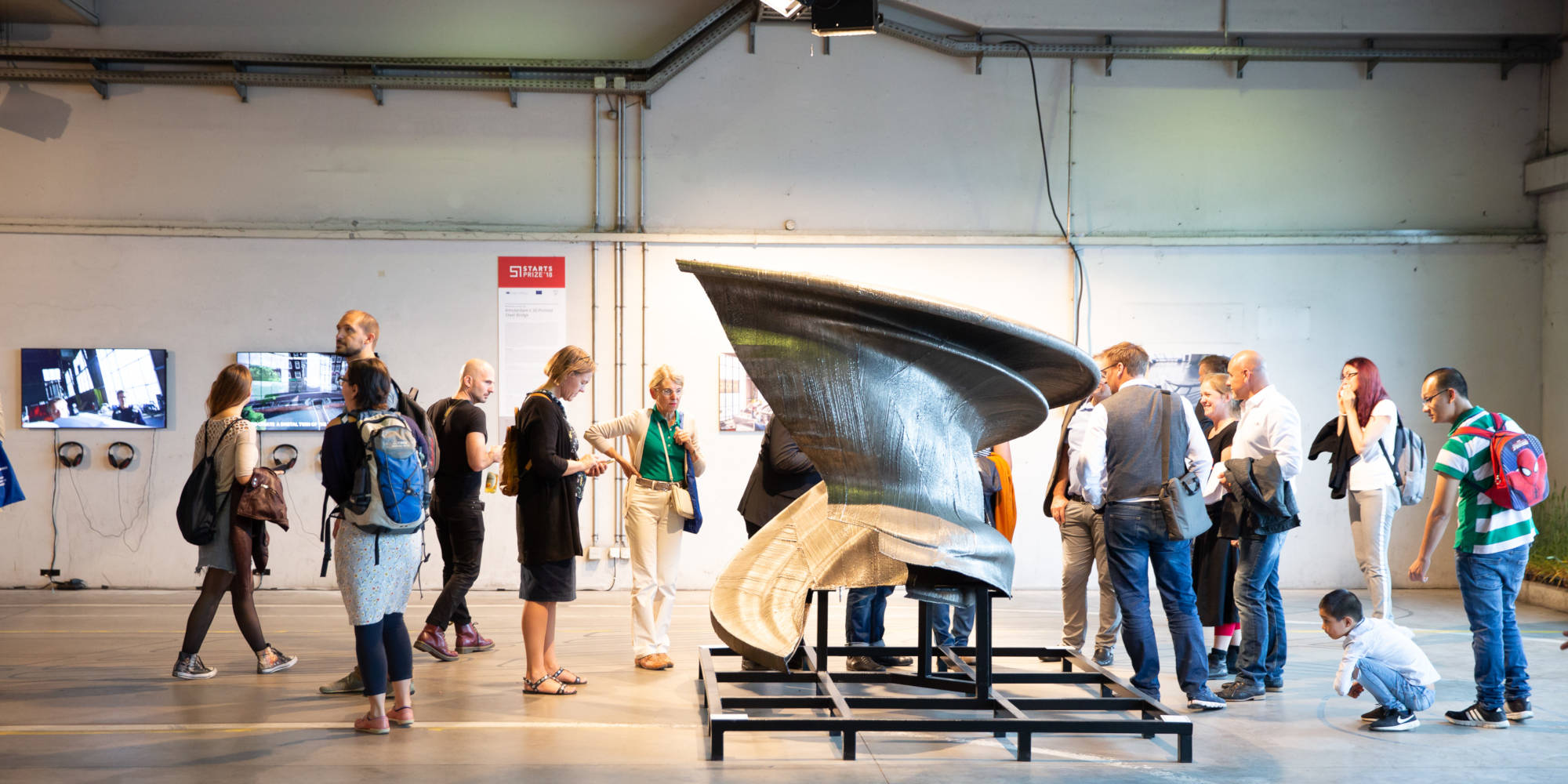The S+T+ARTS = STARTS initiative is a program of the European Commission launched in 2016 to encourage synergies between the arts and technology to support innovation in industry and society. STARTS promotes the inclusion of artists in research and innovation activities in Europe and funds projects to encourage collaborations of engineers, scientists and artists. As one of these projects, Ars Electronica in collaboration with BOZAR and Waag has launched a prize to select the most pioneering collaborations and results in the field of creativity and innovation where science and technology intersect with the arts. At the festival, Ars Electronica presents a selection of the prizewinning and nominated works of STARTS Prize 2018 together with new results and prototypes coming out of the STARTS initiative.
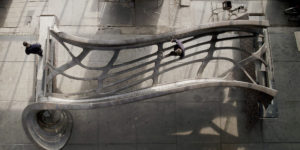
Amsterdam‘s 3D Printed Steel Bridge
MX3D & Joris Laarman Lab
The bridge offers the ultimate proof we can now print large, beautiful, and intelligently designed structures in metals.
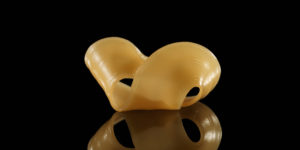
Transformative Appetite
Tangible Media Group, MIT Media Lab & Morphing Matter Lab at Carnegie Mellon University (US)
We developed a concept of transformative appetite, where edible 2-D films made of common food materials can transform into 3D food during cooking.
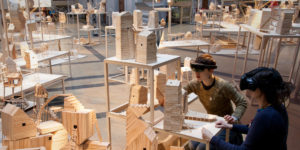
Atlas
Yann Deval (FR), Marie G. Losseau (BE)
Atlas is a work between digital arts and visual arts, in the form of an interactive and scenographic exhibition.
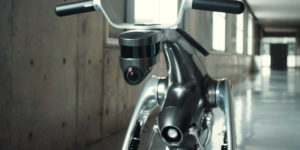
RidRoid "CanguRo"
Future Robotics Technology Center (fuRo), Shunji Yamanaka
CanguRo is a machine lifeform produced from the latest robotics and AI technologies fused by product design.
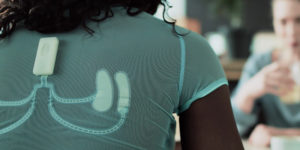
Closed Loop Smart Athleisure Fashion
by-wire.net (NL) — Marina Toeters (NL), Holst Center (NL) — Margreet de Kok (NL), Katoenenzo (NL) — Melissa Bonvie (NL)
The smart shirts continuously measures the ladies’ key vital signals based on Holst Centre’s advanced printed sensor technologies on flexible substrates for textile integration.
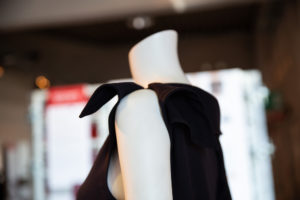
DeepWear
Natsumi Kato, Hiroyuki Osone, Yoichi Ochiai
With this DeepWear, it is possible to inherit the design in clothing without depending on the designer.
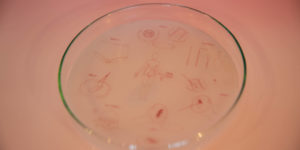
Empowerment and self-care: Designing for the female body
Giulia Tomasello (IT), Teresa Almeida (PT)
In this chapter, we will discuss how design at the intersection of science and technology can contribute to revolutionizing practices of self-care for the female body.

Fennec Turbine
Maxim Kuzin, ATOM
The Fennec Turbine is a state of the art technology compact wind turbine with low noise, high safety, and long use.
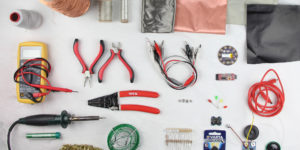
FlexAbility
Lara Grant (US), Anna Blumenkranz (DE/UA), Adrian Freed (UK)
FlexAbility is a modular kit prototype created from ethically and sustainability vetted components facilitating the creation of made-to-measure wearables for people with physical disabilities.
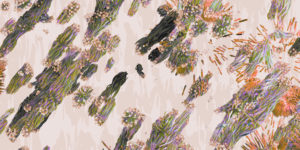
Quantum Fluctuations
Markos Kay
(Deutsch) In einer Reihe von virtuellen Experimenten zeigt Quantum Fluctuations die Komplexität und Vergänglichkeit der Quantenwelt.
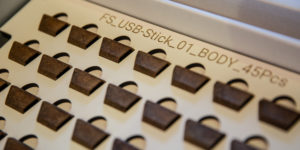
FluidSolids
FluidSolids® AG
FluidSolids® is a biodegradable composite material. The components consist of renewable resources that are procured from industrial by-products.
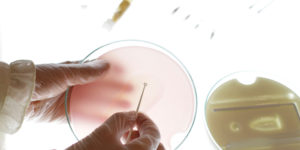
Future Flora: Celebrating Female Biophilia
Giulia Tomasello
Future Flora is a harvesting kit designed for women to treat and prevent vaginal infections.
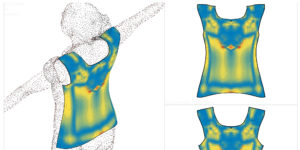
GenCloth
datable (US) — Elizabeth Esther Bigger (US), Luis Edgardo Fraguada (PR)
GenCloth is a 3-D toolkit and data set archive for generative garment design.
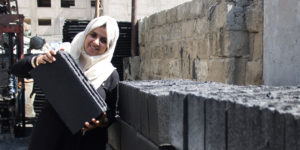
GreenCake Block
Majd Almashharawi
GreenCake Blocks are high-quality, low-cost, and environmentally friendly bricks made of existing raw materials.
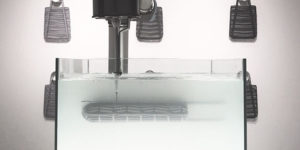
Liquid Printed Pneumatics
Self-Assembly Lab, MIT & BMW
MIT’s Self-Assembly Laboratory, in collaboration with BMW Design Department, are developing programmable material technologies that self-transform, adapt and morph from one state to another.
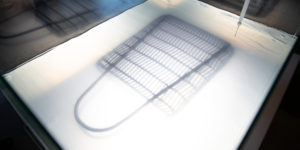
Rapid Liquid Printing
Self-Assembly Lab (MIT), Christophe Guberan, Steelcase
apid Liquid Printing physically draws in 3D space within a gel suspension, and enables the creation of large-scale, customized products made of real-world materials.
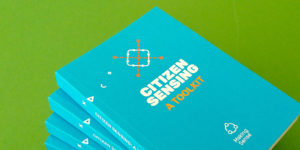
Making Sense – Citizen Sensing Toolkit
Making Sense Team
Making Sense was designed to show how open-source software, open-source hardware, digital maker practices and open-source design could be used effectively by local communities to appropriate their own sensing tools.
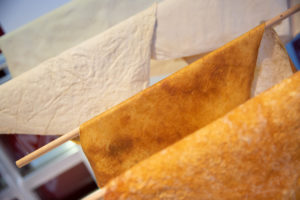
MOGU Leather
Mogu S.r.l. - Maurizio Montalti (IT/NL)
MOGU Leather is to be looked at as an alternative to traditional animal leather – a novel natural material with comparable qualities.
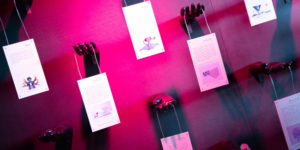
NeuroSpeculative AfroFeminism
Hyphen-Labs / Carmen Aguilar y Wedge, Ashley Baccus-Clark, Ece Tankal, Nitzan Bartov
Hyphen-Labs and its collaborators designed a roster of products—such as earrings that can record police altercations and clothing that thwarts facial recognition.

phosphere
Rhizomatiks Research, ELEVENPLAY, evala, Takayuki Fujimoto (Kinsei R&D)
phosphere is an exploratory harmonization of two distinct spaces—a dance stage and an installation component—into one performative spatial whole.
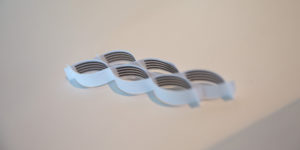
Printed Paper Actuator
Morphing Matter Lab, Carnegie Mellon University
Printed Paper Actuator is the project that achieves a low cost, reversible and electrical actuation and sensing method.
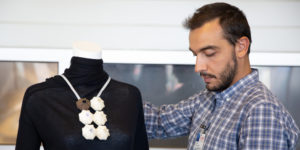
Quietude
University of Siena (IT) — Patrizia Marti (IT), Matteo Sirizzotti (IT), Pietro Rustici (IT), Simone Guercio (IT), Glitch Factory s.r.l. (IT) — Michele Tittarelli (IT), Iolanda Iacono (IT), T4All (IT) — Gianluca Daino (IT), Riccardo Zambon (IT)
Quietude is a collection of interactive jewels that enhance the experience of sound for deaf women.

Radio Garden
Jonathan Puckey, Phillip Bührer Luna Maurer
Radio Garden allows listeners to explore processes of broadcasting and hearing identities across the entire globe.

Rethinking the Bra
Giulia Tomasello (IT), Stefanie Schidlowski (DE), Essi Mikkola (FI)
We are a Female community on a mission to revolutionize women’s underwear.
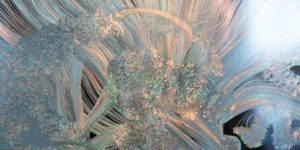
Self Reflected
Greg Dunn, Brian Edwards, Will Drinker
Self Reflected was created to remind us all that the most marvelous machine in the known universe is at the core of our being and is the root of our shared humanity.
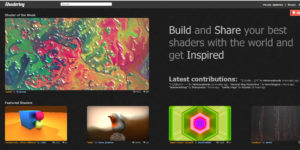
Shadertoy
Pol Jeremias Vila, Iñigo Quilez / Beautypi
Shadertoy.com enables artists, programmers, technical artists, and professors from all over the world to create visuals with code, and then share their work – completely free.
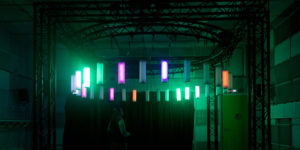
STARTS Residencies
Artshare (PT), Ecole Polytechnique Fédérale de Lausanne (CH), Fraunhofer Group Information and Communication Technologies (DE), French Tech Culture (FR), Inova+ (PT), IRCAM (FR), Libelium (ES)
This program is supporting and funding 45 artistic residencies that bring original artistic contributions to technology-based research projects between 2017 and 2020.
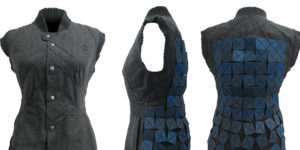
Textile Reflexes
Hellen van Rees (NL), University of Twente (NL) — Angelika Mader (DE), Geke Ludden (NL)
This project aims to further develop the shape-changing textile developed by Hellen van Rees.
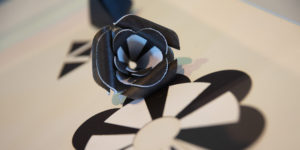
Thermorph
Morphing Matter Lab, Carnegie Mellon University (US)
We have used an inexpensive 3-D printer to produce flat plastic items that, when heated, fold themselves into predetermined shapes.
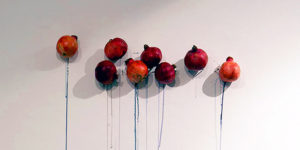
TNUC – CUNT
Giulia Tomasello (IT), Ahaad Alamoudi (KSA)
TNUC is an attempt at reframing and reaffirming some of the meaning lost behind the word cunt.
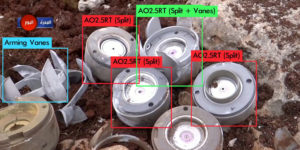
VFRAME: Visual Forensics and Advanced Metadata Extraction
Adam Harvey
VFRAME is a computer vision toolkit designed for human rights researchers and investigative journalists.

WEAR Sustain
Wearable technologists Engage with Artists for Responsible innovation (WEAR)
The projet aims to engage artists and designers to work with technology and engineering experts, to shift the development of the wearables and smart/e-textile landscape and industry towards a more sustainable and ethical approach to development
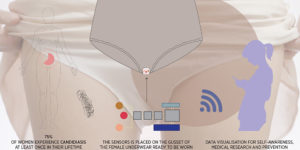
Wearable Biosensor for Monitoring Vaginal Discharge
Giulia Tomasello (IT), Tommaso Busolo (IT), Michele Calabrese (IT), James Che (HK/UK)
This project stems from the idea of developing an inconspicuous, low-cost wearable biosensor aimed at monitoring physiological markers of infection, such as lactate and pH, in vaginal secretions.
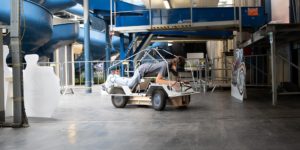
Who Wants to Be a Self-Driving Car
Joey Lee, Benedikt Groß, Raphael Reimann, MESO Digital Interiors, David Leonard
Who Wants to be a Self-driving Car? is a data driven trust exercise that uses augmented reality to help people empathize with self-driving vehicle systems.
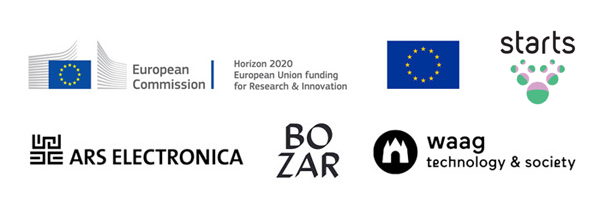
STARTS Prize has received funding from the European Union’s Horizon 2020 research and innovation programme under grant agreement No 732019.
